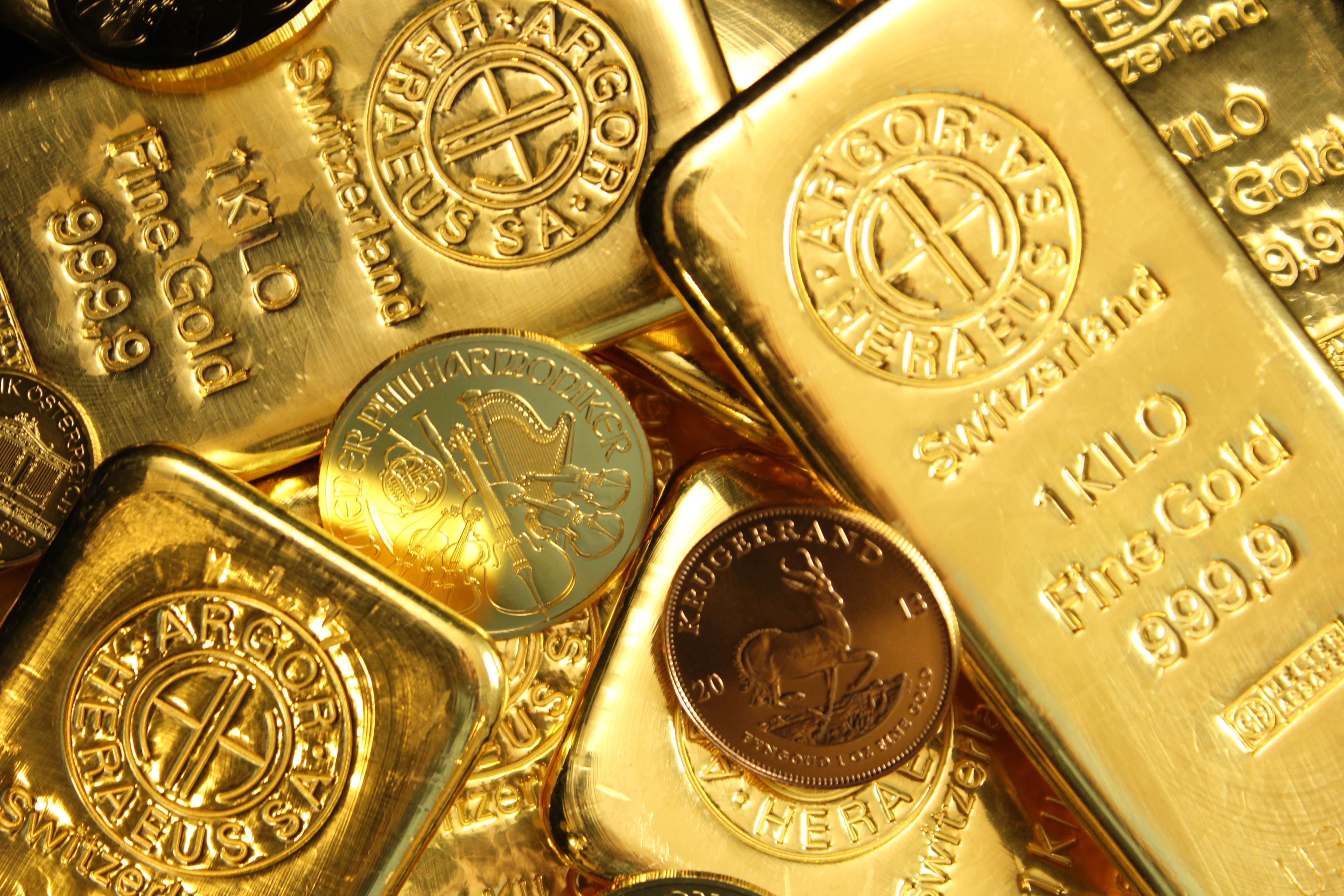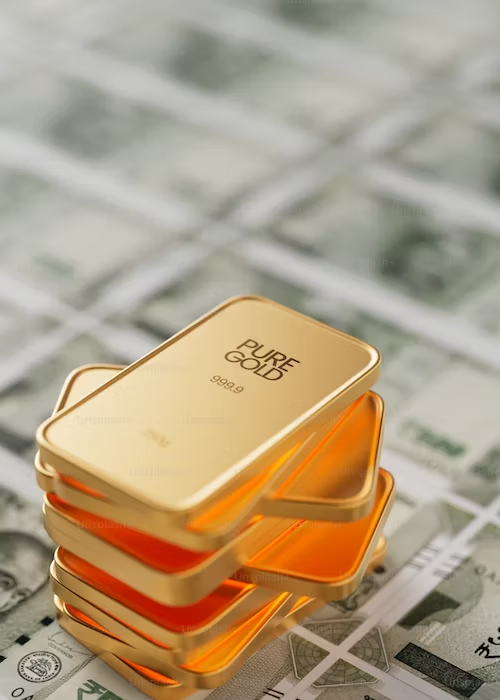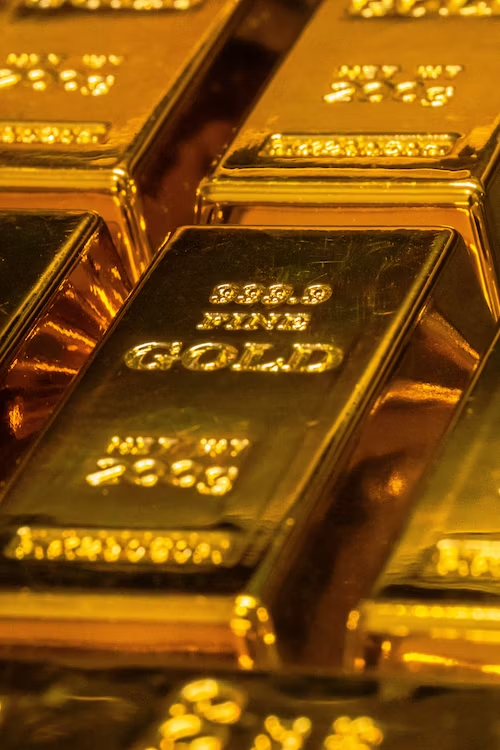
During times of economic downturn or market volatility, gold and silver can behave differently, and historically, their performances have varied depending on the specifics of the market situation. Here’s how they generally compare:
Gold
- Safe Haven: Gold is often considered a primary safe-haven asset. In times of economic stress or financial uncertainty, investors frequently turn to gold as a store of value.
- Less Industrial Use: Gold’s value is less influenced by industrial demand compared to silver, making it more of a pure financial asset. This can be beneficial in a downturn when industrial activity might slow.
- Wealth Preservation: Traditionally, gold is seen as a wealth preserver through economic cycles, especially during severe market downturns, high inflation, or currency devaluations.
Silver
- Industrial Demand: Silver has significant industrial applications (electronics, solar panels, medical devices, etc.). Its price is therefore more tied to industrial demand, which can decline in an economic downturn.
- Higher Volatility: Silver tends to be more volatile than gold. This means that in a down market, its price can decrease more sharply, but it also has the potential for rapid increases if the market sentiment shifts or if industrial demand picks up unexpectedly.
- Smaller Market: The silver market is smaller in volume and value compared to gold, which can lead to more significant percentage swings in price.
Comparing Performances in Down Markets
- Market Sentiment: In a typical market downturn characterized by investor fear and uncertainty, gold generally tends to outperform silver due to its status as a safe-haven asset.
- Economic Context: If the downturn is accompanied by factors like inflation fears or a weak dollar, gold usually sees substantial gains. Silver might also benefit from these conditions but often lags gold in performance.
- Recovery Phase: In the recovery phase following a downturn, silver can sometimes outperform gold because of the rebound in industrial demand and its smaller market size, which allows for quicker price movements.
Investment Strategy
- Diversification: Holding both gold and silver can be a good diversification strategy. Gold can provide stability and store of value, while silver can offer industrial growth potential and larger (though riskier) price swings.
- Risk Tolerance: Choose between gold and silver depending on your risk tolerance. If you prefer stability and lower volatility, gold might be more suitable. If you're willing to take on more risk for potentially higher returns, consider silver.
Conclusion
During down market times, gold generally tends to be more stable and is often preferred by investors seeking a safe haven. Silver, while also benefiting from such periods, might not perform as strongly due to its significant industrial use and higher volatility. However, market conditions, economic factors, and personal investment goals should all be considered when deciding between gold and silver.
See our featured products:
https://premiergoldco.com/product/featured-products/





Comments
Add Comment